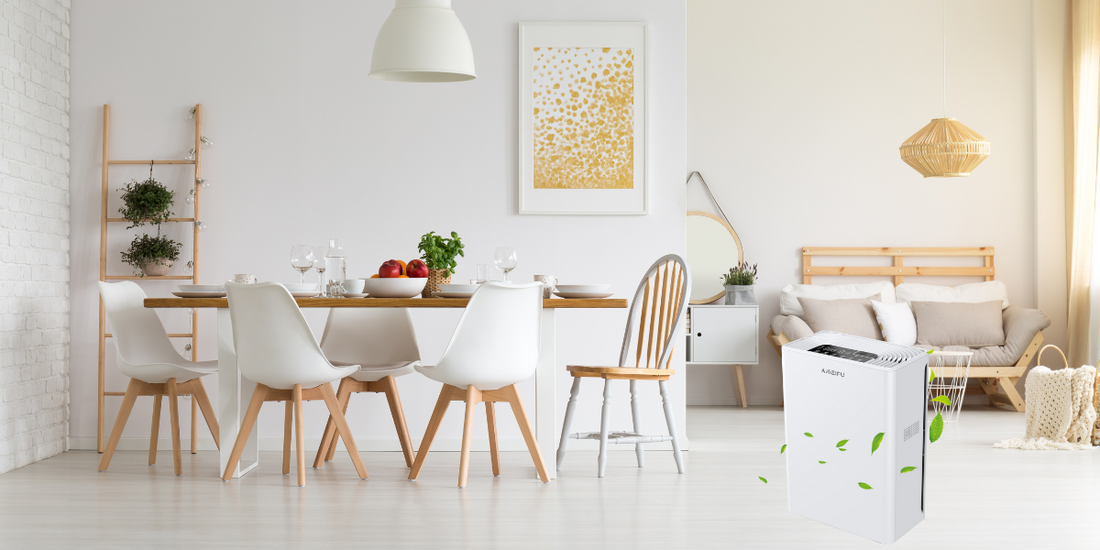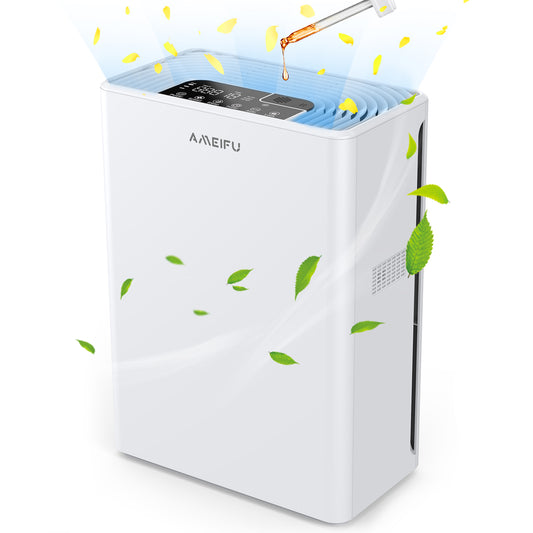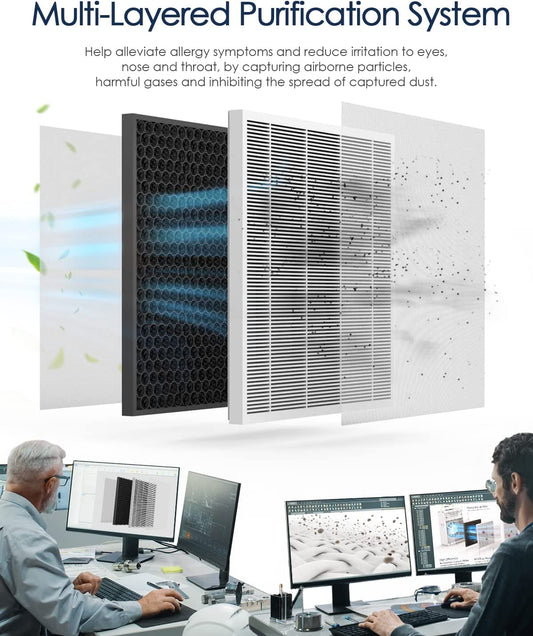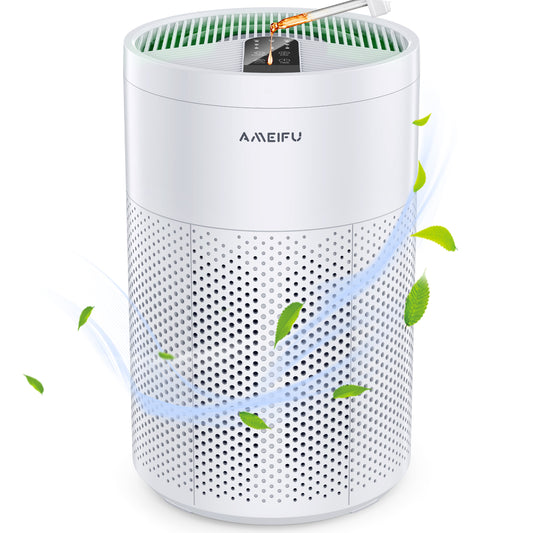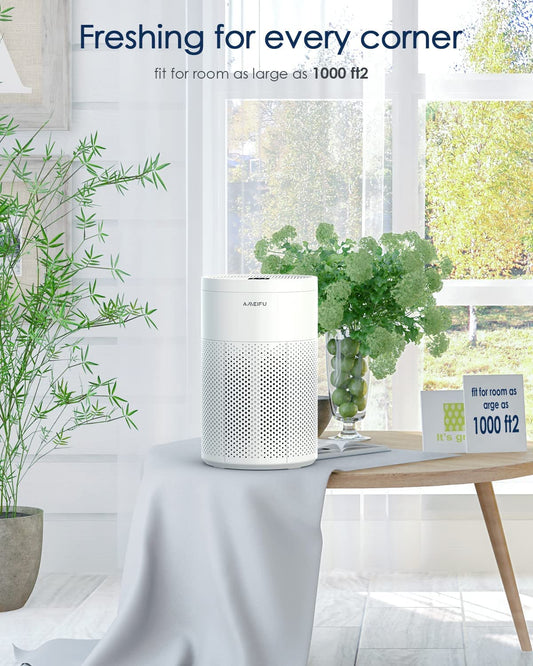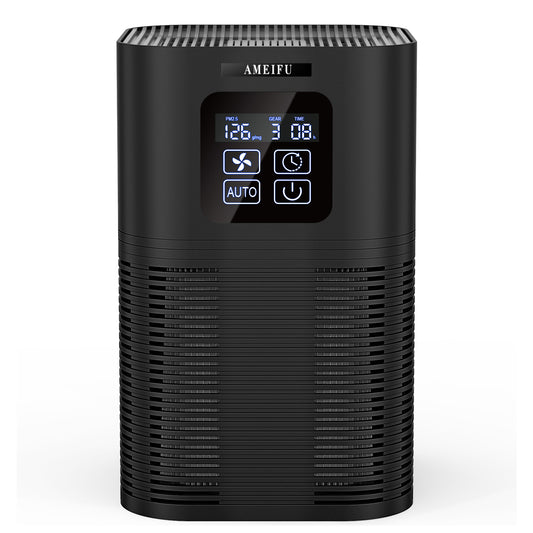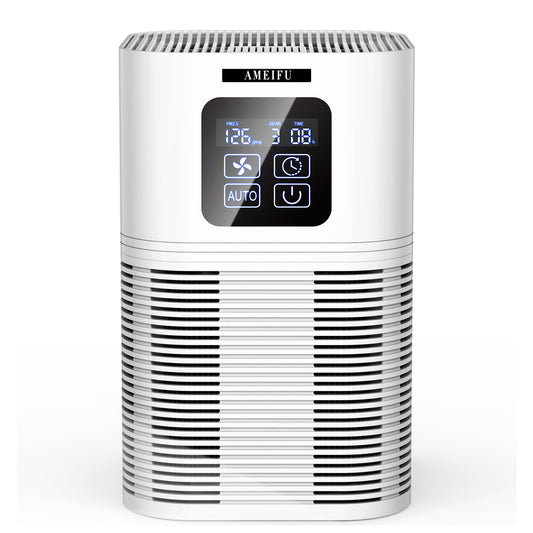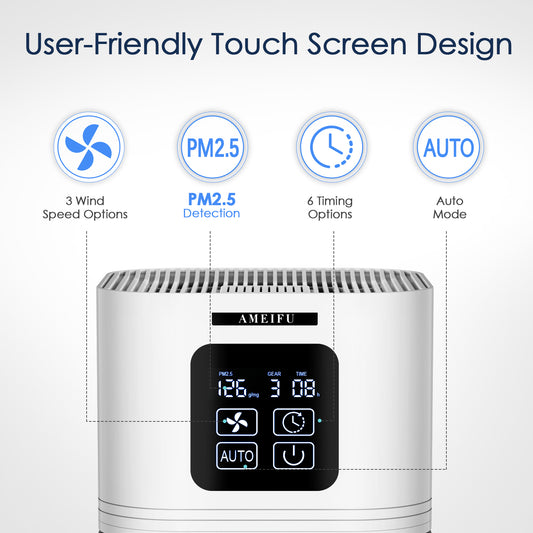Unpleasant odors and smoke can have a significant impact on indoor air quality, leading many people to seek solutions to eliminate these odors and improve the overall freshness of their living spaces. Air purifiers are often considered as an effective option for odor and smoke removal. In this article, we will explore the capabilities of air purifiers in eliminating odors and smoke, understanding the underlying technologies, and discussing their effectiveness in creating a cleaner and more breathable indoor environment.
How Air Purifiers Address Odors and Smoke
Air purifiers employ various technologies to address odors and smoke particles in the air. Understanding these technologies is crucial to understanding how air purifiers can effectively eliminate odors and smoke.
Activated Carbon Filters
One of the key technologies used in air purifiers to combat odors and smoke is activated carbon filtration. Activated carbon is a highly porous material that has the ability to adsorb odor molecules and trap them within its structure. As air passes through the carbon filter, the activated carbon captures and holds onto the odor particles, effectively reducing or eliminating the unpleasant smells.
HEPA Filters
While HEPA (High-Efficiency Particulate Air) filters are primarily designed to capture fine particles such as dust, pollen, and pet dander, they can also contribute to odor and smoke removal. HEPA filters are dense filters that can trap small particles, including odor molecules and smoke particles, effectively reducing their presence in the air.
Ionizers
Some air purifiers also incorporate ionization technology to address odors and smoke. Ionizers release negatively charged ions into the air, which attach to positively charged odor and smoke particles. This process causes the particles to cluster together and become too heavy to remain airborne, resulting in their removal from the air. Ionizers can help neutralize odors and reduce smoke particles, but it's important to note that they may produce small amounts of ozone as a byproduct.
Effectiveness of Air Purifiers in Odor and Smoke Removal
While air purifiers can help eliminate odors and reduce smoke particles, their effectiveness may vary depending on several factors:
Source of Odors and Smoke
The effectiveness of an air purifier in addressing odors and smoke depends on the source of these contaminants. Air purifiers are more successful in capturing and reducing odors and smoke that are airborne. If the source of the odor or smoke is persistent or deeply embedded in materials, such as carpets or upholstery, additional measures may be required to address the root cause.
Size of the Room and Air Changes per Hour (ACH)
The size of the room where the air purifier is placed and the number of air changes per hour (ACH) it can provide are important factors. A higher ACH indicates that the air purifier can process a larger volume of air in a given time, which improves its ability to remove odors and smoke. Consider the square footage coverage and ACH rating of the air purifier to ensure it is suitable for the intended space.
Filter Maintenance and Replacement
Proper maintenance of the air purifier, including regular filter replacement, is essential for optimal performance in odor and smoke removal. Over time, activated carbon filters become saturated with trapped odors and smoke particles, reducing their effectiveness. It's important to follow the manufacturer's guidelines on filter replacement intervals to ensure continuous odor and smoke reduction.
Other Odor Control Measures
Air purifiers work best when combined with other odor control measures. This may include identifying and addressing the source of the odor or smoke, maintaining cleanliness in the environment, using natural odor absorbers like baking soda or activated charcoal, and promoting proper ventilation in the space.
Best Practices for Using Air Purifiers for Odor and Smoke Removal
To maximize the effectiveness of air purifiers in eliminating odors and smoke, consider the following best practices:
Select the Right Air Purifier
Choose an air purifier with activated carbon filters and/or HEPA filters specifically designed for odor and smoke removal. Look for models that have a high CADR (Clean Air Delivery Rate) for smoke and odor particles.
Position the Air Purifier Properly
Place the air purifier in a central location within the room to allow for optimal air circulation. Ensure that there are no obstacles blocking the airflow to and from the air purifier.
Run the Air Purifier Continuously
For continuous odor and smoke removal, it's recommended to run the air purifier 24/7 or as long as possible. This will allow the air purifier to effectively capture and reduce odors and smoke particles in the air.
Maintain and Replace Filters Regularly
Follow the manufacturer's guidelines for filter maintenance and replacement. Regularly clean or replace the activated carbon and HEPA filters to ensure their effectiveness in capturing odors and smoke particles. Failure to do so may result in reduced performance.
Address the Source of Odors and Smoke
While air purifiers can help reduce odors and smoke, it's important to identify and address the source of these contaminants. Clean or remove any materials or surfaces that are contributing to persistent odors or smoke. This may include carpets, furniture, or other items that have absorbed odors or smoke particles.
Practice Good Indoor Air Quality Habits
In addition to using an air purifier, practice good indoor air quality habits to minimize odors and smoke. This includes regular cleaning, proper ventilation, and avoiding smoking or burning materials indoors.
Conclusion
Air purifiers can be effective in eliminating odors and reducing smoke particles in indoor environments. By utilizing technologies such as activated carbon filters, HEPA filters, and ionizers, air purifiers can capture and remove odors and smoke, improving the overall air quality. However, their effectiveness may vary depending on factors such as the source of odors and smoke, room size, filter maintenance, and the use of additional odor control measures. By selecting the right air purifier, positioning it properly, running it continuously, and addressing the root causes of odors and smoke, you can enhance the performance of air purifiers in creating a fresher and more enjoyable living space.

